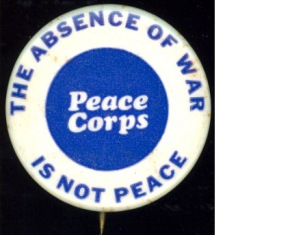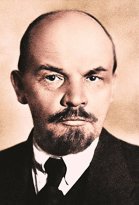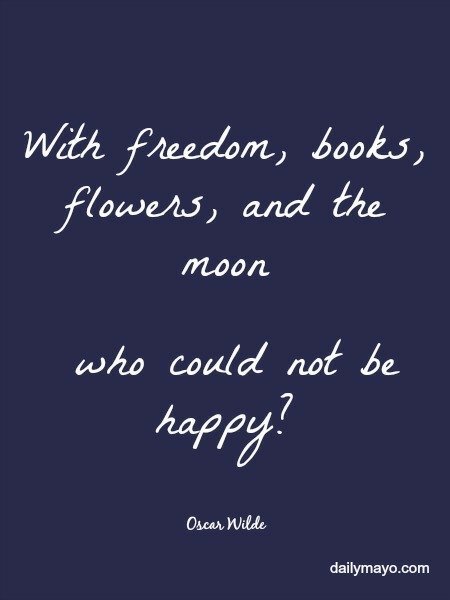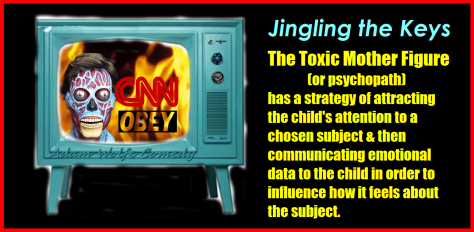I think that I could write a blog post just about “book recommendations and where they come from”. This one comes from Marc, whom I haven’t seen in over thirty years but got in touch with on social media a few months ago. Merci, Marc !
 A Beautiful Place to Die wasn’t going to stay long on my TBR pile because a) it was a crime novel from an author I hadn’t heard of before and I always like to try new authors, especially if they write books in a genre I’m likely to enjoy b) it was set in South Africa, a country I visited just once, in 1995 – so just after the end of apartheid – and fell in love with (as I did with the four other countries north of SA that I discovered that year).
A Beautiful Place to Die wasn’t going to stay long on my TBR pile because a) it was a crime novel from an author I hadn’t heard of before and I always like to try new authors, especially if they write books in a genre I’m likely to enjoy b) it was set in South Africa, a country I visited just once, in 1995 – so just after the end of apartheid – and fell in love with (as I did with the four other countries north of SA that I discovered that year).
The plot of this novel by Malla Dunn set in rural 1950s South Africa, centres around the murder of a high-ranking policeman, which a British policeman is sent to investigate. What I enjoyed most about it is that it effortlessly combines elements of classic whodunit with a social commentary on the nascent apartheid era.
It ticks all the boxes of a detective novel with the introduction and dissection of the main protagonists: the detective, Emmanuel Cooper, with an appropriately slightly tortured soul, the murder victim, a senior policeman who is a pillar of the local Afrikaans community and at the head of a family made up of himself, his rigidly virtuous wife and their five grown up sons, an old doctor, an incompetent young Afrikaans policeman, his race offering him a higher rank than his black colleague’s, and a range of other inhabitants with a range of skin tones. There are shades of Chandler in this gently noir novel (“gently” because there’s a murder and nasty things happen but it doesn’t belong to the resolutely gruesome type of crime novels).
Interracial relations are clearly an important, if not the main theme of this book. I’m not as well up on my South African history as I should be but I gather that the book is set during the period when the apartheid system was being bedded down with the consolidation of a legal framework, which would ultimately ban interracial relationships among South Africans.
I got a little bit of background about this whole white African thing (I came across the concept when talking to a self-described white Zimbabwean, which I’d never thought about till then) and which I guess I still think comes under the heading of mild self-delusion, a feeling the author tends to re-inforce in this novel. I’m not saying you can’t get deeply attached to a country and immersed its customs if you weren’t born there, but I don’t think you absorb ethnicity by sheer willpower.
Despite getting more proficient – the more books I read – at spotting the culprit in whodunits, I didn’t get this one. Which of course didn’t spoil any of the reading pleasure.
Share this:
- More





